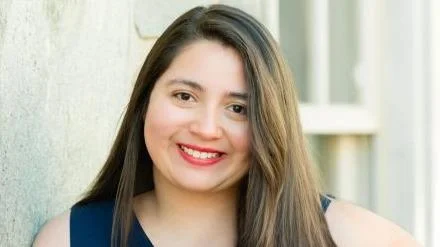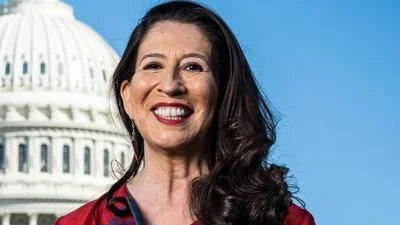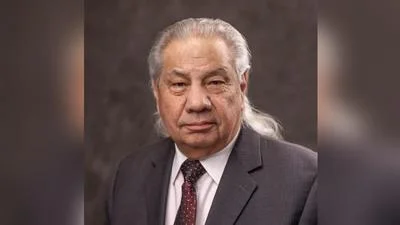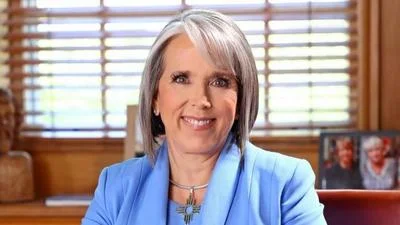Marina Herrera Director, Development and Communications | Rio Grande Foundation
Senate Majority Leader Peter Wirth has introduced Senate Bill 85, which aims to enhance the 2019 law regarding nonprofit donor disclosure. This proposal is critiqued by some as an attack on free speech and privacy for nonprofits. Critics argue it forces these organizations to decide between advocating for government issues or protecting their donors' information.
"Privacy matters to nonprofits, regardless of their mission," according to Paul Gessing and Matt Nese. They argue that the fear of retaliation could lead organizations to self-censor, and emphasize that, "compelled disclosure of affiliation with groups engaged in advocacy may constitute as effective a restraint on freedom of association" as other forms of censorship, quoting a U.S. Supreme Court ruling.
The 2019 law, led by Wirth, uses campaign finance terminology to regulate speech related to elected officials. Currently, it requires disclosure of donors if organizations speak about lawmakers or policies close to elections. Court battles, such as the one led by the Rio Grande Foundation, are challenging these mandates.
The proposed changes in SB 85 aim to expand these requirements by changing the term "contributions" to "donations," potentially impacting all donors of a nonprofit. Legislative efforts in 2023 saw a similar bill pass the Senate but fail in the House.
Despite assertions that the bill promotes transparency, opponents like Gessing and Nese argue it actually strengthens entrenched political interests, suppressing dissenting voices.
Paul Gessing leads the Rio Grande Foundation, and Matt Nese serves as vice president of People United for Privacy Foundation, both advocating for First Amendment rights.








